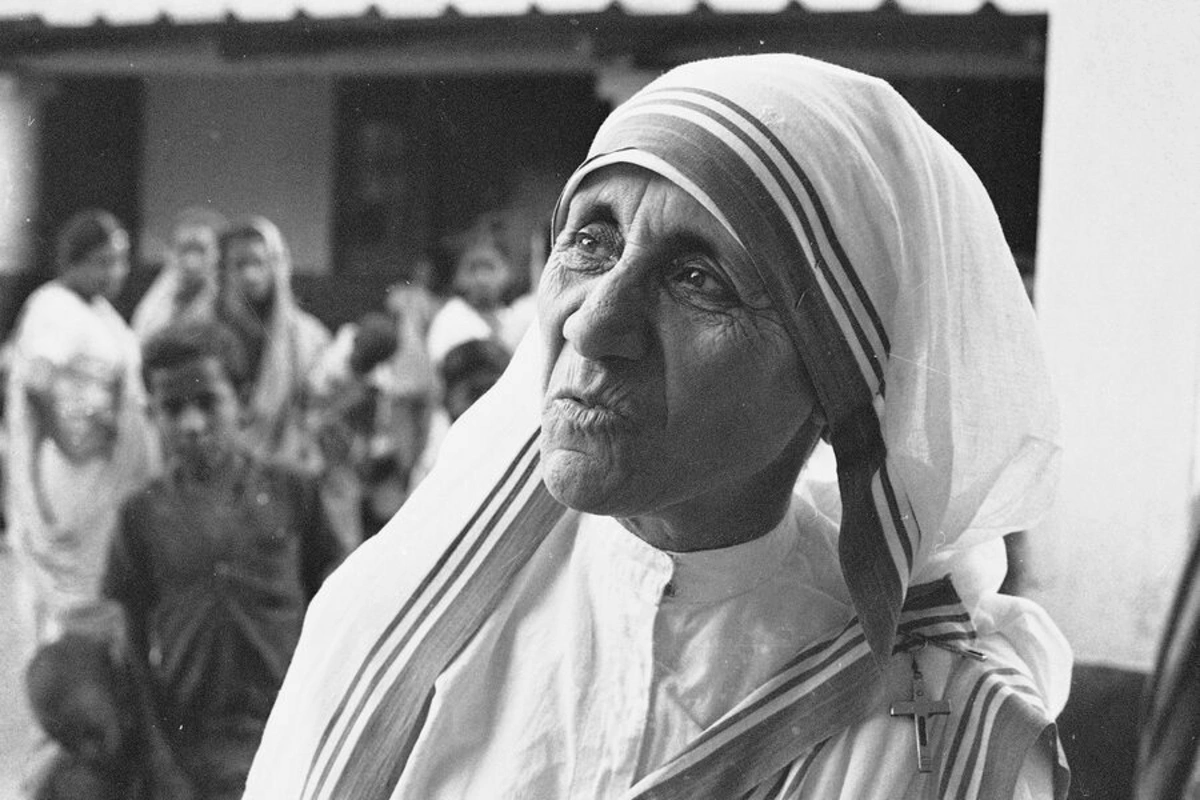Who was Mother Teresa and why is she hated in the modern world?

Mother Teresa - one of the most famous figures of the 20th century, around whom debates continue to this day. For some, she is a symbol of mercy and sacrifice, for others - the embodiment of hypocrisy and exploitation of poverty.
Mother Teresa, born Agnes Gonxha Bojaxhiu, was born in 1910 to a family of Albanian origin. In her youth, she joined a Catholic order and dedicated herself to serving the poor. In 1950, she founded the "Missionaries of Charity" congregation in Calcutta, which quickly expanded and received support from the Vatican. The sisters of the order cared for the homeless, sick, dying, and orphans. For her work, Mother Teresa received the Nobel Peace Prize and dozens of other awards, becoming a global icon of compassion.
However, over the years, numerous scandals emerged around her name. Critics claim that conditions in her shelters were far from humane: patients were treated without painkillers, elementary sanitary standards were ignored, and medical care often amounted to prayers instead of actual treatment. Investigations showed that the enormous donations received by Mother Teresa's foundation were not always spent on helping those in need, but sometimes used to open new missions or transferred to Vatican structures.
She is also accused of romanticizing suffering. In interviews, Mother Teresa often said that pain and poverty "bring one closer to God," and therefore considered them not so much a problem to be solved, but a path to spiritual purification. This position caused rejection among many humanists and doctors.
No less controversial is her close connection with politicians and dictators. She accepted donations from odious personalities, including scandalous businessmen and authoritarian leaders, which raised questions about how truly altruistic her activities were.
Today, Mother Teresa remains a figure difficult to evaluate unambiguously. For millions of people, she symbolizes hope, help, and love for one's neighbor. For others, she is an example of how a religious cult can cover up cruel practices and corruption. Her personality has become a reminder that heroizing any figure without a critical view often leads to myths, and behind the legend may hide an ambiguous truth.
Similar News
Mysterious balls discovered on Australian beaches
Unusual gray spheres were found on the coast of the Australian state of New South Wales, reported The Guardian. "Officials are warning residents not to touch th...




 Azərbaycanca
Azərbaycanca  По-русски
По-русски  English
English 





